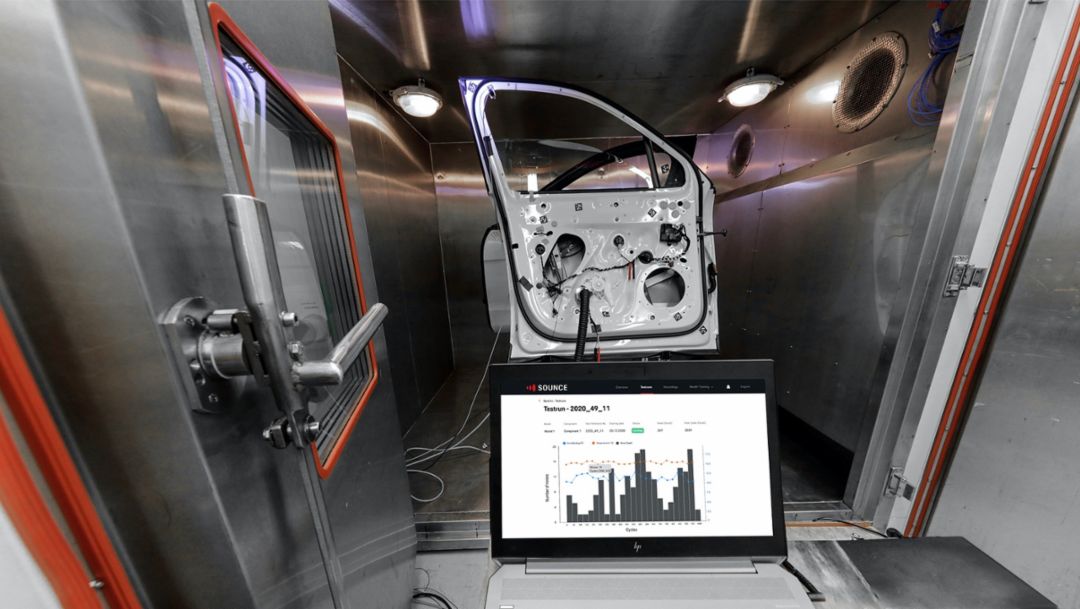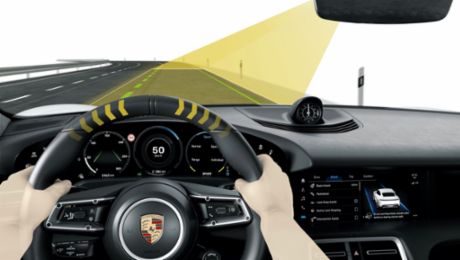Based on data, artificial intelligence can make predictions, analyse and optimise existing processes. The development and handling of complex systems are also made much easier by technology. The areas of application for learning IT systems are constantly expanding and now extend from the fields of medicine, fashion and automobiles to the financial sector.
Porsche also relies on the use of artificial intelligence in many areas related to driving experience and vehicle construction, for example in sustainability or in noise detection. Recently, a new area of application for networked technology has been added outside of the sports car: with the Forecast Accounting Support Technology (FAST) project, auditors in the finance department are assisted by means of artificial intelligence.
Higher speed with fewer errors
The technology comes into play in two areas: firstly, in general ledger (G/L) account allocation. Here, the AI automatically creates a proposal for account allocation based on the contents of the invoice and the data of the creditors. The advantages here are the significantly faster processing of larger invoices and the avoidance of input errors. In 86 per cent of cases, the automated G/L account assignment proposal is correct and, since the AI is self-learning, the quality of the application increases over time.
The second use case in the area of accounting is the determination of to whom the invoice should be sent for approval. Here, the AI recommends the most likely invoice recipient based on historical data and information from the present invoice. Accountants are saved the job of manually inputting the information – a relatively monotonous and therefore error-prone activity. The AI's predictions about the correct invoice recipient are correct in 95 per cent of cases when the project goes live.
Making AI usable for the entire company
The FAST project was designed and implemented by the Accounting & Financial Reporting and IT Finance departments within a timescale of four months and has proved groundbreaking in terms of the integration of future AI projects in SAP ERP (enterprise resource planning) systems. "This is a huge success and a future-proof result" is the feedback. The sports car manufacturer had already recognised the benefits of AI with a view to relieving the burden on drivers. Now, the added value of linking machine and human intelligence looks set to be made available to employees throughout the company.







